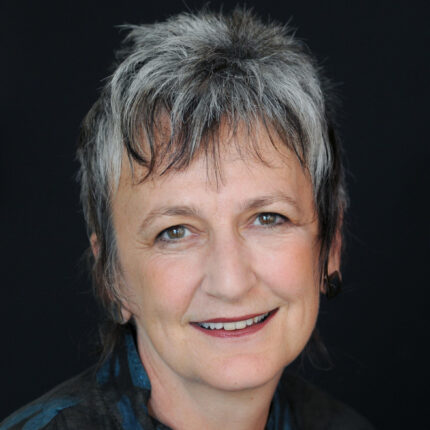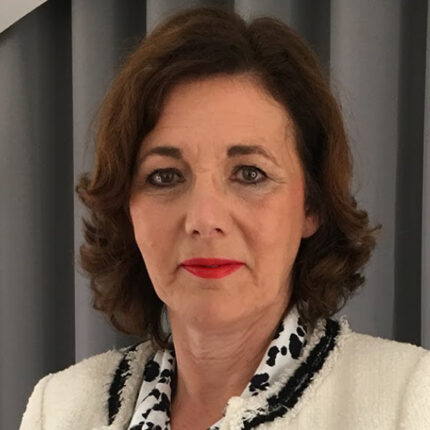The National Coordinating Centre for Public Engagement and UCL Culture have recently partnered on a report into the state of play in strategic support for university public engagement, in the UK and beyond. The Engaged University – turning words into action was based on interviews with engagement leaders which were completed before the arrival of Covid-19.
Prophetically, the interviewees called for universities to up the ante with their engagement, or risk being overtaken by events. The report identifies good practices in supporting public engagement; it highlights the challenges and limitations in the current system; it also points to practices outside HE which we should learn from.
A major crisis like the Covid-19 pandemic creates panic, and disruption. It threatens received wisdom and long-term practice. It threatens organisational viability. It can feed institutional paralysis. But it can also provide an opportunity for a reset, and for a reassertion of both purpose and values. The Engaged University report provides evidence of the very real action that is taking place within universities, and highlights the wide range of what more is possible and urgently needed.
Universities are by definition an intrinsic part of civil society. They are sovereign, independent institutions, established to meet need. Like so many institutions of civil society their origins are varied – whether they spring from church foundations, from philanthropic impulse, from civic determination, or otherwise – they have a purpose which is charitable, and they are not profit generating.
Like much of civil society they are regulated, but they have the ability, and the power, to make strategic decisions about their futures. This leads to the question, how will they exercise this freedom, and consolidate their civil role as they navigate the current crisis?
Engagement during Covid-19
Covid-19 has drawn back the curtain, revealing uncomfortable truths about our world, while also handing us an extraordinary opportunity for radical change – for reset. This is the most opportune possible moment in the worst of all times just as people are thinking not if they should reset but how they should do so.
Covid-19 and place are intimately connected – and just like monasteries of old, universities are inextricably linked with their location and their communities. Perhaps in scanning global horizons more actively, universities have forgotten their home communities but they do have responsibilities to them. And when we say responsibilities, we don’t mean that in any patriarchal way. Universities share spaces in their locations and need to share ideas about how to shape a meaningful future and to enact it with, rather than for, their communities in a true partnership.
Universities are by definition rooted in their place, and as part of a place – not as owners or managers – they shape the place, for good and for ill. The Engaged University report outlines a direction of travel. It also poses a huge challenge to universities – to translate words into action. We’re left wondering and hoping.
The challenge for the university sector
Can universities become genuine partners in shaping and building the recovery of their places, working not as leaders but as collaborators in the effort to build a new, more resilient prosperity? Can they can put their skills and knowledge, their networks and connections at the heart of a new programme of recovery, and use their undoubted assets – both physical and intellectual – to strengthen the hand of those crafting the slow return to a new and different way of operating?
These are urgent questions, strategically central to the future flourishing of both universities and the places they serve.
We were pleased to see the report foregrounding the PACT recommended by the Civil Society Futures Inquiry that Julia chaired. It asks absolutely the right questions for the times we are living in. It invites leaders to consider:
- Where do you get your power from? And how are you sharing that power, shifting it to ensure that it benefits a wider population? And do you recognise the power held in communities and in other organisations?
- To whom are you accountable? Is your primary concern ensuring that government and regulators receive a good account of your activities? Or do you have a duty of accountability to your partners, and others essential for your survival? Are you good at accounting for your actions? How open are you about the strategic dilemmas you face? In short what sort of partner are you?
- To whom do you feel connected? Are you primarily connected to your peers – other universities with whom you compare yourself – or do you foster deep and meaningful connections with your partners in a place?
- And how do you know you are trusted? What are you doing to enable trust in the academy?
Words into action
Ultimately universities will be judged by their actions not by their propensity to deliberate – valuable as that is. Unless universities get a grip here, they will find that events overtake them. Thoughtful introspection is important but needs to be accompanied by cash, commitment and constancy. No beginning and then abandoning.
Universities are facing a sustained freezing blast. Their finances are shot, the media has them in their sights, presenting degrees as dodgy commodities of doubtful value, there is a shortage of friends in high places. Civic partnerships, based on place, are a sure foundation in difficult times and are essential to survival. It will require something that may be difficult for academics – trusting those that may not share their knowledge and sometimes not their values either. It will not always be comfortable as it may require a surrender of power.
All of this requires genuine leadership and a determination to prioritise engagement – not treat it as an optional extra. That’s the choice that the Engaged University report helps to frame. Universities are crucial players in a civil, and civilised society. And they – we – need to behave like that, with humility of course, but also with a clear sense of purpose.
Our question to university leaders across the sector – and to funders like UK Research and Innovation is – When do we start? And how can we help?














